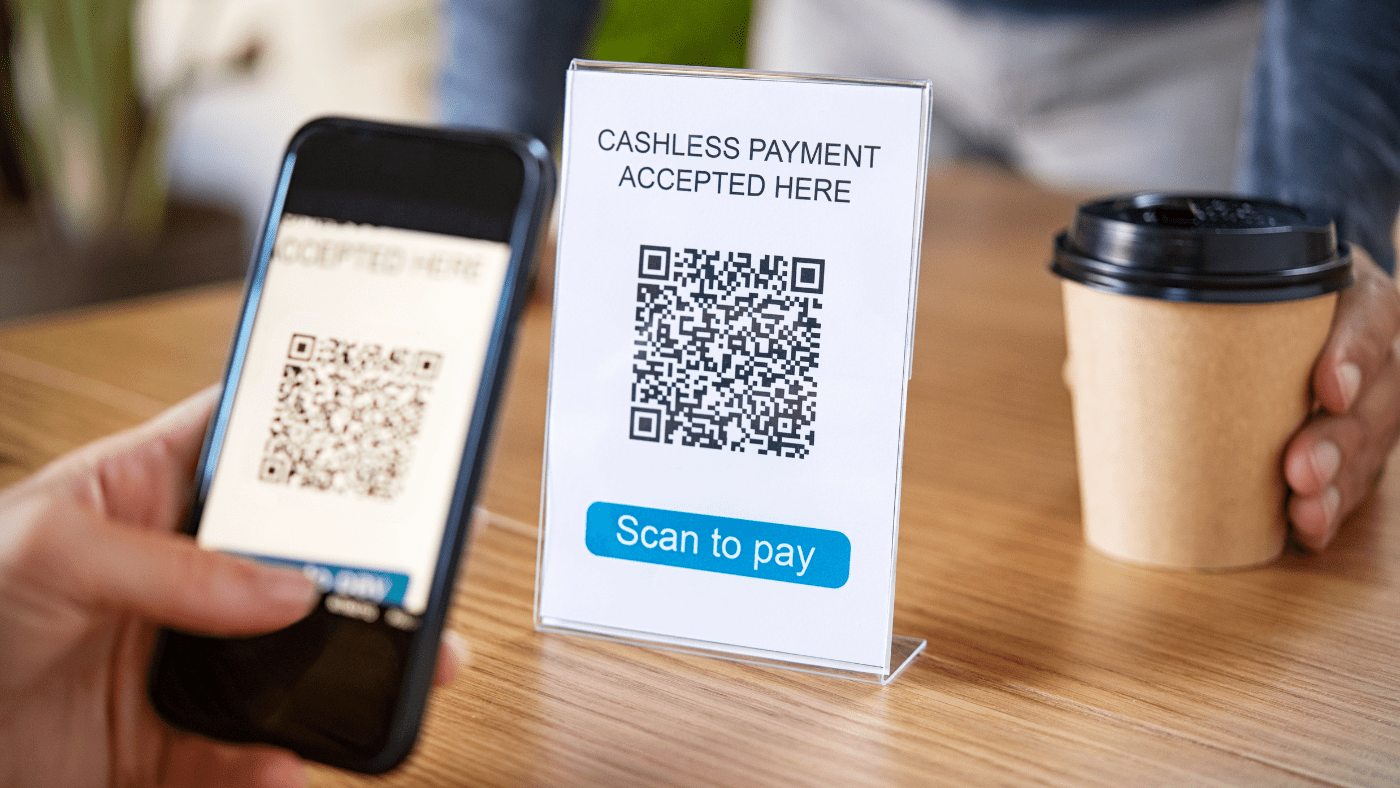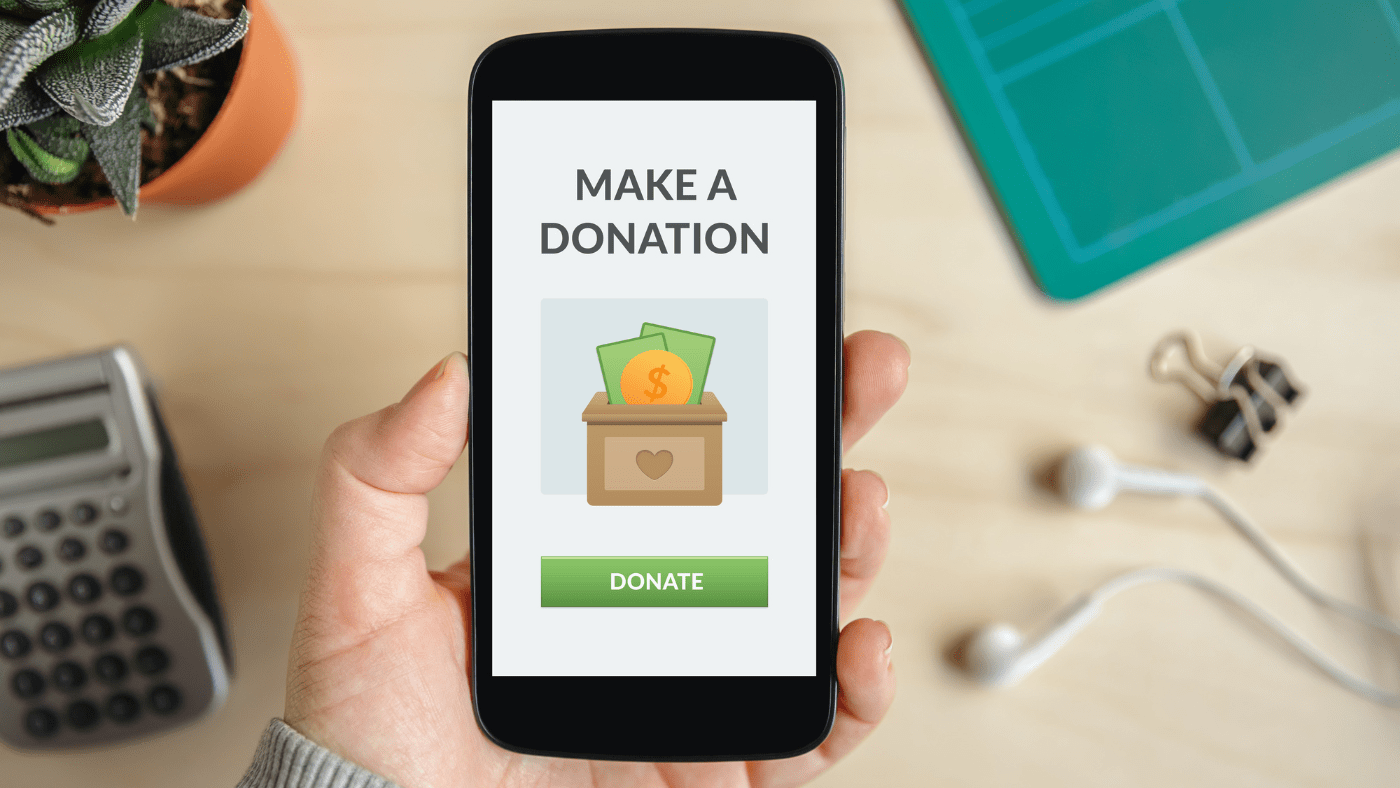This November, join VA in observing International Fraud Awareness Week.
Veterans, beneficiaries, caregivers and survivors should maintain a high level of vigilance to keep from becoming a victim of fraud. Fraud can result in decreased financial security and undermine trust. During this International Fraud Awareness Week, VA aims to arm Veterans and their loved ones with the resources they need to protect themselves from common scams that target their benefits.
Understand the threats
- Phishing (aka clickbait scams): Phishing comes in many forms, such as emails, phone calls, text messages, fake websites and advertisements, social media videos, TikTok videos, etc. Phishers love targeting Veterans online to try and steal their government-provided aid and benefits. Veterans who share their military service or employment information online put themselves at risk of phishing scams. Often, phishers will create fake charity ads during natural disasters to fraudulently collect Veterans’ information. Or hackers can take control of loved ones’ social media accounts and send messages through the platform to phish Veterans’ information. Clicking on links can lead Veterans to phishing sites designed to steal personal information, infect devices with malware, or request payment for nonexistent services. Veterans should be vigilant, alert and skeptical to stay safe online.
- Claims Predators Scams: Claims predators are companies or individuals not accredited by VA who charge Veterans to help prepare, consult on or file their initial benefits claim. Claims predators may demand outrageous fees for services which VA or VA-accredited Veterans Service Organization (VSO) representatives, attorneys or claims agents provide for free. Veterans should only seek claims assistance from VA accredited representatives when they file VA claims. VA provides free assistance, and Veterans can verify the credentials of anyone offering to help them by using the VA accreditation search tool.
- Pension Poaching: Pension poaching schemes target Veterans and their families receiving pensions or other VA retirement benefits. Fraudsters pose as advisors and offer to “help” Veterans qualify for VA pension benefits or manage their pensions. In reality, these fraudsters manipulate Veterans’ assets, charge for services or directly steal portions of their pensions. Veterans and their families should be wary of unsolicited offers to help manage their retirement funds or VA benefits. They should always consult with a VA accredited representative and never share personal or financial information with someone they have yet to verify as a legitimate source of support.
- QR Code Scams: With increased contactless payment and information sharing, fraudsters are using QR codes as a quick scam. These codes, which may appear in emails, social media, flyers, websites or even public places like parking meters, can direct users to phishing sites meant to steal personal data or request payment under false pretenses. Only scan QR codes from trusted sources. Visit the organization or company’s website for clarification or contact them via phone to verify the code’s authenticity.
- Educational Scams: Many beneficiaries (Veterans, service members and their eligible dependents) take advantage of educational benefits, such as the G.I. Bill, to further their careers. Unfortunately, fraudsters target beneficiaries with fake or predatory schools and programs promising degrees or certifications but delivering little or nothing in return. These institutions may charge high fees, provide worthless degrees or vanish after receiving payment. Beneficiaries should thoroughly research any educational institution before enrolling and choosing a G.I. Bill-approved school. Beneficiaries can also use the G.I. Bill comparison tool to compare benefits at different schools.
- Shopping Scams: Veterans are also targeted with fake shopping deals, especially around the holidays. Fraudsters often create fake websites or ads offering massive discounts on products. Once the Veteran makes payment, the item never arrives or is counterfeit, and the Veteran’s personal information may have been compromised. Remember to stick to well-known and reputable retailers when shopping online. Be cautious of unfamiliar sites with suspicious URLs, or which offer deals too good to be true.
Stay informed of preventative measures
The best way to combat fraud is through awareness and taking precautions. Veterans, beneficiaries, caregivers and survivors can take the following steps to safeguard against fraud schemes:
- Verify credentials: For claims assistance, educational programs or pension support, always verify the legitimacy of the person or institution contacting you or offering you the service.
- Be cautious online: Only click on links from trusted sources and avoid giving out personal information through unfamiliar links and websites.
- Report suspicious activity: Veterans who suspect they have experienced fraud can find resources to file a report to the appropriate agency by visiting www.vsafe.gov or calling 833-38V-SAFE.
- Contact your VA Privacy Officer: Veterans can contact their local Privacy Officer to file a complaint regarding an alleged privacy violation or for general privacy questions or concerns. The VA Privacy website contains VA privacy guidance and resources, including information on how to:
- File a Privacy Complaint
- Access and download information sheets about protecting Veteran’s identity and privacy.
This International Fraud Awareness Week, VA wants to ensure Veterans, beneficiaries, caregivers and survivors are equipped to defend themselves from fraudsters who are seeking to exploit their benefits. By staying informed and cautious, we can help prevent fraud and preserve their hard-earned benefits.
Topics in this story
More Stories
In this news post, we explore the various options designed to keep you in your home, offering hope and possible solutions for when/if you experience financial hardship.
Vietnam Veteran David Chee is among the many Native American Veterans and service members who have dedicated their lives to military service. Chee proudly served with the Army's 82nd Airborne, parachuting into the jungles of Vietnam. Chee now owns a home he purchased on Navajo tribal lands with the help of the VA Native American Direct Loan.
For Veterans, donating to charities—especially those that support fellow service members—feels like a meaningful way to give back to the community. However, Veterans and their loved ones must remain vigilant and learn to protect themselves from charity scams.







PACT Act if someone submits paperwork to receive veterans benefits pertaining to PACT Act what are the steps to prevent and or stop payments. Do you have to be related to the veteran to receive PACT Act monies?
I find it rather odd that the same organization that perpetuates a huge scam is the same one that authors this warning in scams. As I am a mil retiree, drawing a mil retirement pension. Yet I currently receive only 30% disability, guess where my disability comes from? If you guessed my mil retirement pension, you would be correct! Through what the VA claims is a legal process, (VA Waiver Law), VA withholds that 30%, to pay it back to me, tax exempt. Thus my 30% disability equates to about $70.00! WHO comes up with a “law” like that? In other words, MY military service, where I endured MY injuries and retired from, pays MY disability…plus a non-taxed $70.00! But please, tell me about other scams! You have a great one running here VA!!
VETERANS ADM IS THE WORLD WORST SCAMERS OF VETERANS THE PACK ACK WILLPROVE THAT OR THE BABY Cemetery WILL NOT LIE